The US weaponizing wheat in Syria
The Syrian government has warned farmers in northeast Syria against using the wheat seeds supplied by USAID, which is a department of the US State Department in Washington.
Published: December 1, 2021, 8:48 am
The “seeds contain a high rate of nematodes [plant-parasitic worms], which reached 40 percent, and this poses a great danger to agriculture in the region, especially as its effects cause great damage that is exacerbated by the passage of time,” according to Said Hajji, head of the government’s agriculture directorate in Hasaka province.
USAID says the wheat seeds it recently provided to farmers meet “high standards for safety and quality.”
“USAID is supplying Adana and Cihan wheat seed varieties to Syrian farmers, which are sourced from the region and undergo a series of tests at a qualified lab in (the) Kurdish Region of Iraq to verify their quality before they are transported and distributed to farmers in northeast Syria,” the spokesperson said.
The 3,000 tons of wheat seeds are Turkish seeds supplied by the US government and tested in Iraq. The local Syrian agricultural labs have found the seeds to be inferior, and pose a danger of long-lasting damage.
The bread crisis in most of Syria is expected to become worse in the next few months due to drought and its subsequent impact on wheat crop production.
Karam Shaar, an economist and researcher at the Middle East Institute in Washington, said, “Nearly 11 million people live in the Syrian government areas, and they need about 2.8 million tons of wheat, nearly two-thirds of which goes to bread production.”
The US using wheat as a weapon of war
Since the 2011 US-NATO attack on Syria began, wheat production in Syria has almost halved, declining from a pre-war average of 4.1 million tons per year to 2.2 million tons in 2019.
Since 2012, donors and humanitarian agencies have supported bread programs across Syria, exclusively in areas under armed terrorist control, such as Al Qaeda, but never inside the areas under the central government of Damascus, which now administers to over 70% of the country. The majority of Syrian residents have never received any donations of any kind from international aid agencies, except for the UN, which did provide some basic food items to internally displaced persons previously.
The US burning wheat crops in Syria
In the past, the US has burned wheat crops in northeastern Syria. Residents observed explosive balloons used by US military helicopters flying low and setting fire to wheat fields, as well as low flying was used to intimidate residents who might be thinking of selling their wheat crop to the Damascus government.
Samantha Power and USAID past and present
Samantha Power, of USAID, wrote via Twitter, “To combat an anticipated wheat shortage this planting season in NE #Syria, @USAID is sending 3K metric tons of quality wheat seeds from Iraq to Syrian farmers. 2021’s wheat harvest was one of the poorest on record; these quality seeds will help prevent a food security crisis.” @PowerUSAID
Samantha Power had been the US Ambassador to the UN, under President Obama, when the Christian Armenian village of Kessab was attacked on March 21, 2014. When asked to respond to the armed invasion, destruction of three churches, looting of homes, and murder of civilians, Samantha Power officially stated that the terrorists who carried out the attack and massacre were not affiliated with the US, and the US had no responsibility in the attack.
However, the President of the Syrian National Coalition, which was the political wing of the US-supported Free Syrian Army (FSA), was directly involved. On April 1, 2014, Ahmad Jarba personally visited his FSA troops in Kessab and congratulated them on their victory, and their occupation and destruction of the village which last three months. On May 23, Ahmad Jarba was in the oval office with Obama and Susan Rice discussing how the US-NATO attack and invasion of Syria was progressing.
The Kurds
The US partnered with a Kurdish militia, SDF, in the fight to defeat ISIS. During this time the US invaded Syria and still occupies bases in Syria in contrivance to international law.
The US has used the Kurds of the northeast to weaken the government in Damascus, to split the country into political sections. The US has kept the Kurds dependent on charity and the US military support system to prevent the Kurds from reestablishing a normal relationship with Damascus.
In the northeast of Syria, there are areas under Turkish occupation, under US occupation, under Kurdish administration, and Damascus administration.
The general director of the Syrian Grain Establishment, Youssef Qassem, accused the US-backed Kurdish militias of preventing farmers from selling their harvest to centers run by Damascus.
“Their checkpoints have prevented the farmers from reaching centers of the Grain Establishment. The Turkish and U.S. occupation of lands in northeastern Syria has also contributed to setting ablaze agricultural lands that belong to farmers who want to sell their crops to the Syrian government, not to the militias,” he said.
The Syrian government raised the price of one kilogram of wheat to 900 Syrian pounds to entice farmers to sell their harvest to Damascus.
2020 was a good year for wheat
Qassem had reported in June 2020 that the wheat harvest had been good due to climate conditions as well as increased cultivation as a result of the removal of armed terrorist groups from farming areas.
Syrian wheat overview
Syria produces hard durum wheat and soft wheat during the winter season on both irrigated and rain-fed land. Most rain-fed wheat comprises hard varieties. Hard durum varieties reportedly comprise roughly 60 percent of total wheat production, and soft varieties 40 percent.
The UN Food and Agriculture Organization issued a report on May 4 that said irregular rains and unusual temperatures were having a significant impact on the main cereal production areas in Syria.
Syrian Agriculture Minister Mohammad Hassan Qatana reported in May on a decline in wheat production that has raised fears that a full-fledged bread crisis is on its way in Syria. He added, “Wheat yields are not enough to meet all needs [of the population].” He added, “Syria has not seen such a drought in years. In previous years, drought was witnessed in one or two provinces only, while this year, all provinces have been affected, which severely impacted agriculture. Winter crops, namely wheat, and barley, whose production is strategic, were very much affected, especially in rain-fed areas.”
All rights reserved. You have permission to quote freely from the articles provided that the source (www.freewestmedia.com) is given. Photos may not be used without our consent.
Consider donating to support our work
Help us to produce more articles like this. FreeWestMedia is depending on donations from our readers to keep going. With your help, we expose the mainstream fake news agenda.
Keep your language polite. Readers from many different countries visit and contribute to Free West Media and we must therefore obey the rules in, for example, Germany. Illegal content will be deleted.
If you have been approved to post comments without preview from FWM, you are responsible for violations of any law. This means that FWM may be forced to cooperate with authorities in a possible crime investigation.
If your comments are subject to preview by FWM, please be patient. We continually review comments but depending on the time of day it can take up to several hours before your comment is reviewed.
We reserve the right to delete comments that are offensive, contain slander or foul language, or are irrelevant to the discussion.
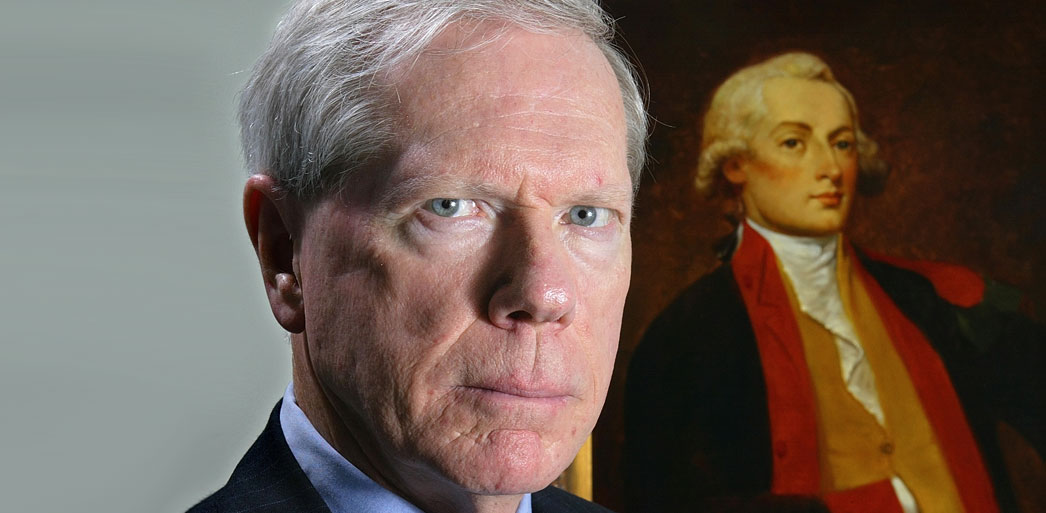
The inflation hoax
Yes, prices are rising, but not for the reasons the Federal Reserve says. When I say inflation is a hoax, I mean the purported cause is a hoax. The Fed is fighting a consumer inflation, a “demand-pull” inflation. But what we are experiencing is a supply-side inflation caused by the Covid lockdowns and economic sanctions that closed businesses, disrupted supply chains, and broke business relationships while reducing energy supplies to the UK and European countries, thus forcing up costs in a globalized economy.

Two-Party Pox: The Republicans suck and the Democrats want to kill you
The Republican Party has never stood up for Americans, will never stand up for them and is not going to do what it takes. Past is prologue.
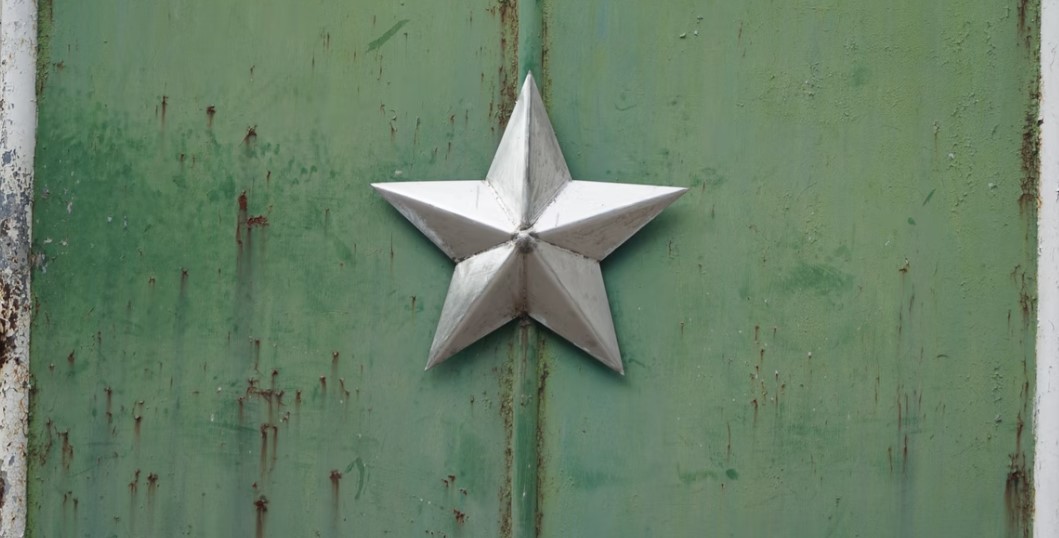
Russia’s loss at Kharkov highlights crippling shortage of men
KharkovThe frontline in this case relied on heavily outnumbered 2nd rate Lugansk draftees plucked from the LPR.
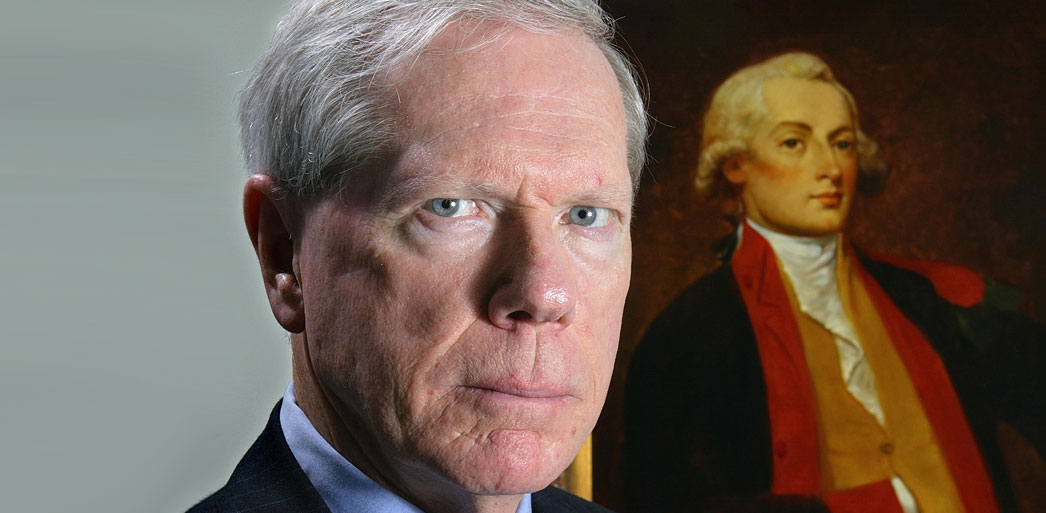
A country without an honest media is lost
For some time I have reported to you that in place of a media, a media that our founding fathers relied on to protect our society, the United States has had a propaganda ministry whose sole purpose is to destroy our society.

Sweden’s decaying democracy
A journalist is arrested and dragged out of the Gothenburg Book Fair because he politely asked a powerful politician... the wrong questions about his support for the ethnically-cleansed Zimbabwean dictatorship. Not only journalists, but academics and bloggers are being hounded by the leftist establishment daily. And the leftists have all the nasty instruments of the state at their disposal. Citizen reporter Fabian Fjälling looks into their excesses.
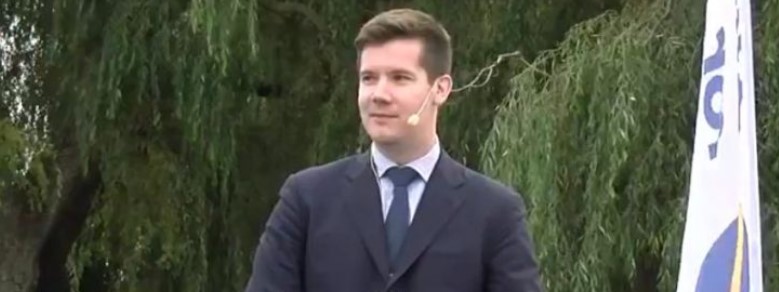
The geopolitical future of Nordic countries
Between unity and disunity, independence and foreign interference: Nordic countries have to either choose between creating an independent neutral block in the North, or seeing the region being divided between the great powers.
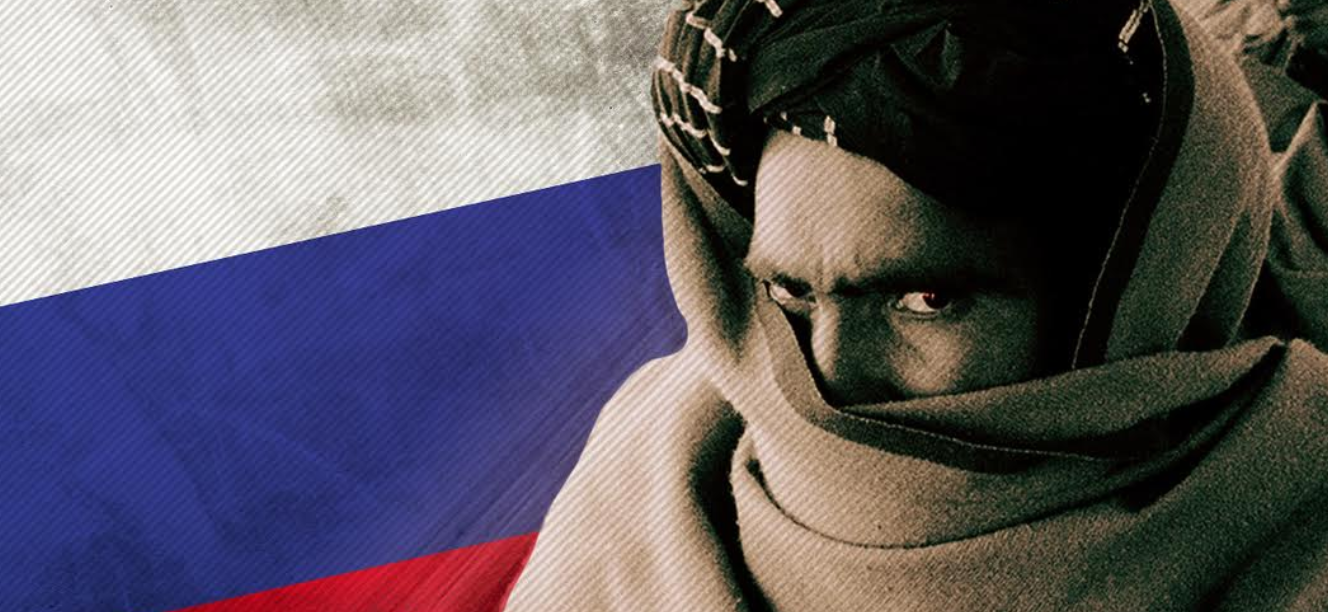
Russian, Chinese intelligence: ISIS heading for Central Asia with US cover
Operatives of the crumbling Islamic State in Syria and Iraq (ISIS) are moving to new battlegrounds near the Russian border, intelligence sources have revealed.

The unraveling of US/Russian relations
Washington has taken nuclear war against Russia from a hypothetical scenario to a real danger that threatens the future of humanity.

Hero commander killed in Syria – when the war is nearly won
For most Syrians it came as a shock: One of the most popular military commanders of the Syrian Arab Army, Issam Zahreddine, was killed on 18 October 2017.






